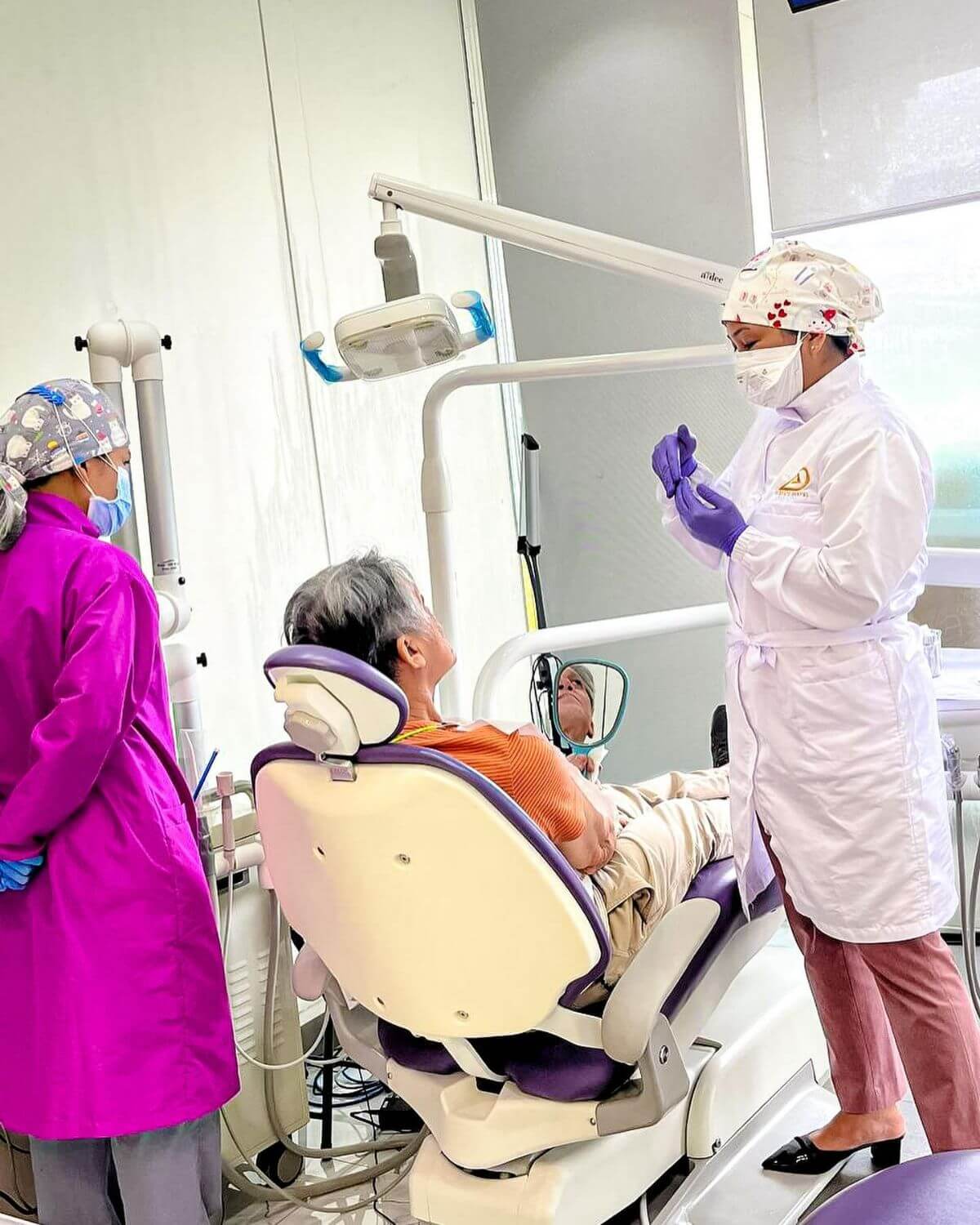What is Wisdom Tooth Extraction? 3 Things You Need to Know

What is Wisdom Tooth Extraction? 3 Things You Need to Know
What are the things you need to know about wisdom teeth extraction?
- Wisdom tooth extraction may be necessary for many people
- It is a type of dental surgery
- Recovery varies from person to person
Wisdom tooth extraction is a common dental procedure that involves the removal of one or more wisdom teeth. These teeth, also known as your third molars, typically emerge during a person’s late teens or early twenties. For some individuals, they can cause a variety of problems.
In this blog post, we will discuss what wisdom tooth extraction is, the reasons why it may be necessary, what to expect during the procedure, and tips for recovery.
Wisdom Tooth Extraction May be Necessary for Many People

There are many signs that tell you that these molars need to be taken out. While some individuals may never experience any issues with their wisdom teeth, others may experience pain, infection, or damage to surrounding teeth. Here are some reasons why wisdom tooth extraction may be necessary:
Impacted Teeth
If a wisdom tooth does not have enough room to emerge properly, it may become impacted. This means that a part of the tooth or the entire tooth is stuck under the gum line. Impacted teeth can cause pain, swelling, and infection. They can also damage neighboring teeth and change the way you bite.
Infection
Wisdom teeth that have partially emerged or are impacted can create a space between the tooth and the gum line where bacteria can accumulate, leading to infection.
Crowding
The emergence of wisdom teeth can also cause crowding and shifting of other teeth, affecting the alignment of the teeth and your overall bite.
Damage to surrounding teeth
Wisdom teeth that emerge at an angle can push against other teeth, causing damage to their roots or crowns.
Gum disease
Partially emerged wisdom teeth can cause gum pockets which can be difficult to clean, leading to gum disease, infection, and other oral health problems.
It is a Type of Dental Surgery
Before the procedure, your dentist or oral surgeon will conduct a thorough examination, which may include X-rays. This will determine the best course of action for your teeth. If you are deemed a candidate for wisdom tooth extraction, you will receive local anesthesia, which will numb the area around the tooth.
In some instances, your doctor may also give you sedation to help you calm down or even put you to sleep. Once the anesthesia has taken effect, your dentist will operate on your gum tissue to reveal the tooth and bone.
Next, the tooth will be carefully removed from its socket using forceps or a surgical handpiece. Sometimes, the tooth must be divided into sections to facilitate removal.
After the tooth is taken out, the area will be cleaned, and the gum tissue will be stitched back together. Then, you’ll be given gauze to bite on to help stop the bleeding.
Recovery Varies from Person to Person

Recovery time following wisdom tooth extraction varies from person to person, but it typically takes a few days to a week. Here are some tips to help you recover more quickly and comfortably:
Take pain medication as prescribed
Your dentist may prescribe pain medication to help manage any discomfort you experience after the procedure.
Apply ice to reduce swelling
Applying ice to the affected area can help reduce swelling and discomfort. Use an ice pack and apply it to the area for 20 minutes.
Eat soft food
Stick to soft food such as soup, mashed potatoes, and scrambled eggs for the first few days after the procedure. Avoid hot, spicy, or crunchy foods that may irritate the area.
Avoid smoking and using a straw
Smoking and using a straw can increase the risk of dry sockets. This is a painful condition when the blood clot in the extraction site becomes dislodged.
Rinse with salt water
Gently rinsing your mouth with warm saltwater can help keep the extraction site clean and promote healing.
Follow your dentist’s instructions
Be sure to follow your dentist’s instructions for caring for the extraction site and when to schedule any follow-up appointments as needed.
Rest and avoid strenuous activity
It’s important to get plenty of rest and avoid any strenuous activity for a few days following the procedure.
Note that complications can occur after wisdom tooth extraction, such as excessive bleeding, infection, or dry socket. Contact your dentist or oral surgeon immediately if you experience severe pain, bleeding, or any other concerning symptoms.
Key Takeaway
Now you know what wisdom tooth extraction is, it is important to go to a dentist or oral surgeon if you feel that your wisdom teeth are getting uncomfortable. Elevate Dental has the best dentists with the training and expertise to safely and effectively remove your wisdom teeth. They can also provide sedation or anesthesia to help manage pain and anxiety during the procedure.
Additionally, our dentists can monitor your recovery and guide post-operative care to ensure proper healing and prevent complications. Going to a professional ensures that the procedure is done safely and with your best interests in mind.
Elevate Dental has a group of licensed dentists with different areas of expertise to meet the needs of every patient. We are proud to have a dental clinic in BGC Taguig. To know more, contact us today!













